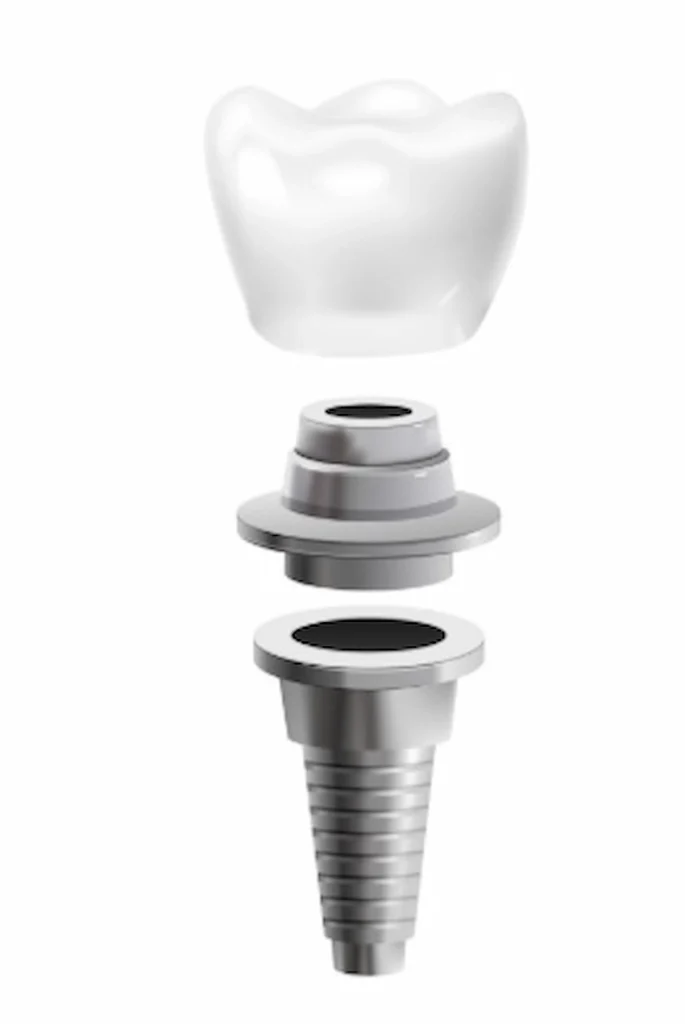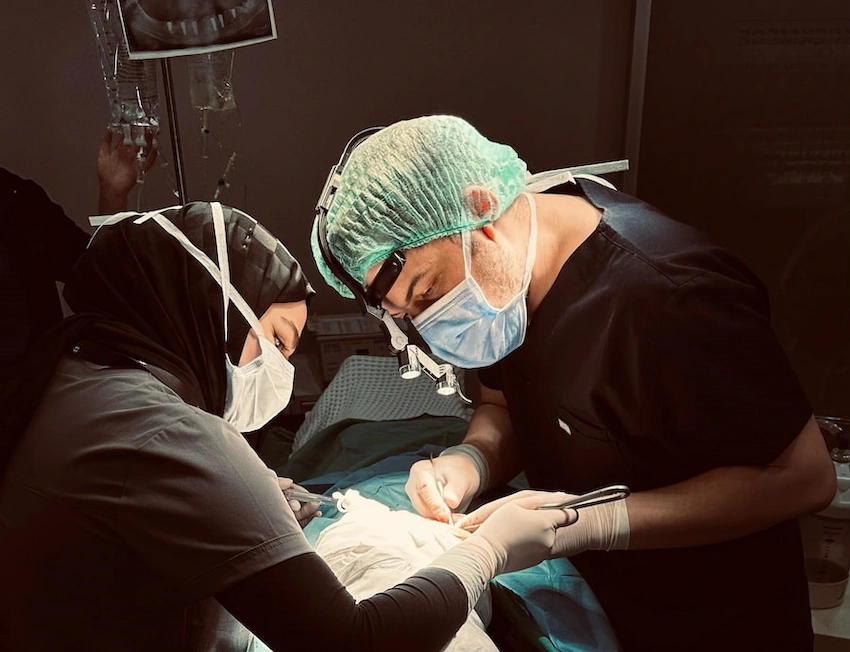🦷Why No Dairy After Dental Implants?
Consuming dairy can lead to an increased production of mucus, which can exacerbate swelling and slow down the healing process.

How come we must not continue using milk after the installation of the dental implants? Is the question we are to deal with? The dental implant is the most usable and efficient when teeth are missing, which is a permanent and natural-looking denture substitute. The result of the dental implants’ success depends on the post-operative care than the actual surgery. Avoidance of dairy products right after the dental implants are fixed is often one of the main recommendations of dental specialists. However, why no dairy after dental implants? It is a sentence that we often hear.
The Science Behind Avoiding Dairy After Dental Implants
The body’s production of inflammation is a natural part of its healing process. However, if this inflammation is too severe, it becomes an obstacle to recovery and helps in increasing the feelings of pain. Dairy, particularly with a high fat content, is the food group that contributes more than the rest to inflammation.

People who consume dairy will experience their mucus production, a condition that will contribute to the inflammation of the affected area, and the process of healing will take longer. The point is, therefore, to ensure no dairy is eaten after dental implants so that inflammation can be controlled to a minimum and perfect healing can be carried out.
Best Practices for Post-Operative Care
The first few days following dental implant surgery are the most critical. It is vital to choose a diet on which nothing hard can touch the surgical site. Meals that contain no hard, crunchy, or sticky foods make it hard for trauma to be the outcome of the action you are taking in that area. Best of all, you may pick soft, nutrient-rich foods that you can easily eat.
- Mashed potatoes
- Smooth soups
- Applesauce
- Scrambled eggs
- Smoothies (non-dairy ones)
Hydration and Nutrient Intake

Staying hydrated is a must during any surgical procedure. Water is excellent for food clearance and for aiding the healing process. When it comes to food, opt for those that are packed with essential nutrients and which provide the necessary vitamins and minerals for efficient tissue repair and maintain health in peak condition. Especially protein, which is such that it can rebuild tissues. Foods like lean meat, tofu, etc., are a great start to boost your protein intake. On top of dairy products, there are also other items to avoid to allow for faster recovery:
- Alcohol: Can affect drugs and inhibit recovery.
- Spicy Foods: Can cause injury and discomfort.
Post-Dental Surgery Procedure at Lema Dental Clinic
At Lema Dental Clinic, the patience and the recuperation are the most considerable things for us. Our dental professionals, who are very experienced and skilled, offer the best post-operative dental care instructions. These instructions are specific to the patient’s unique needs. We inform patients about the latest strategies of care, including oral hygiene and diet, that are necessary for the establishment of the dental implants. And if, after all, you have other inquiries about the healing process, we are here to accompany you and help you with any issues.

Knowing the reason why we have to stay away from dairy products after the dental implant surgery is so serious! By this step, you decreased the inflammation and simultaneously promoted the process of your body’s healing; you are thus assisting in the long-term success of your dental implants. Whatever your dental doctor tells you, remember to listen and consume soft-textured foods packed with nutrients from your diet. Besides, if you need the right tips and more professional assistance for your post-op care, Lema Dental Clinic is ready to offer its services to give you the best results with your dental implants.
FAQ: Why No Dairy After Dental Implants?
Dairy products, especially those high in fat, can cause inflammation and increase the risk of infection after dental implant surgery. It’s best to avoid them during the initial recovery period to promote healing and minimize complications.
Yes, dairy can potentially slow down the healing process because it may cause mucus build-up in the mouth, which can affect the surgical site. Additionally, some people may experience digestive discomfort, which could lead to increased discomfort during recovery.
It’s generally recommended to avoid dairy for the first 48 to 72 hours after the procedure, as this is when the healing process is most critical. Your dentist may provide specific guidelines depending on your case.
Yes, you can opt for dairy-free alternatives such as almond milk, soy milk, or coconut milk, which can provide similar nutritional benefits without the potential risks. These alternatives can also help ensure that you stay hydrated and maintain your nutrition during recovery.
Consuming dairy too soon may increase the likelihood of swelling, discomfort, or an allergic reaction around the implant site. Additionally, dairy can sometimes affect the body’s ability to absorb certain medications or nutrients needed for optimal healing.




